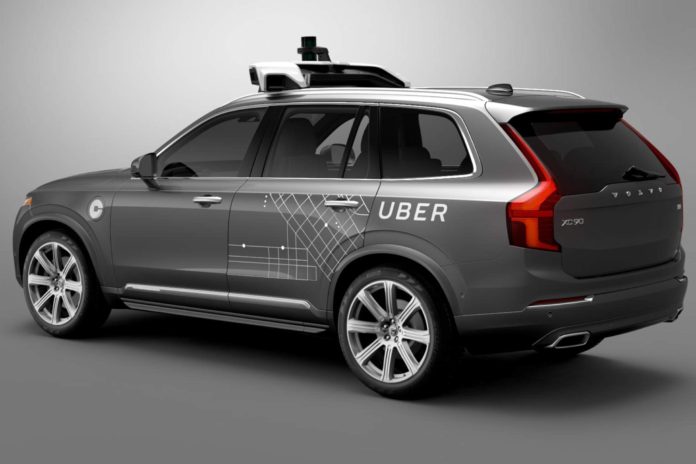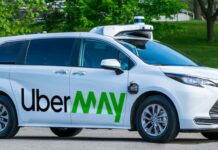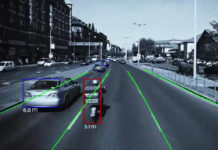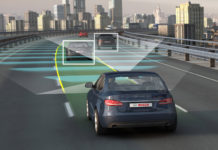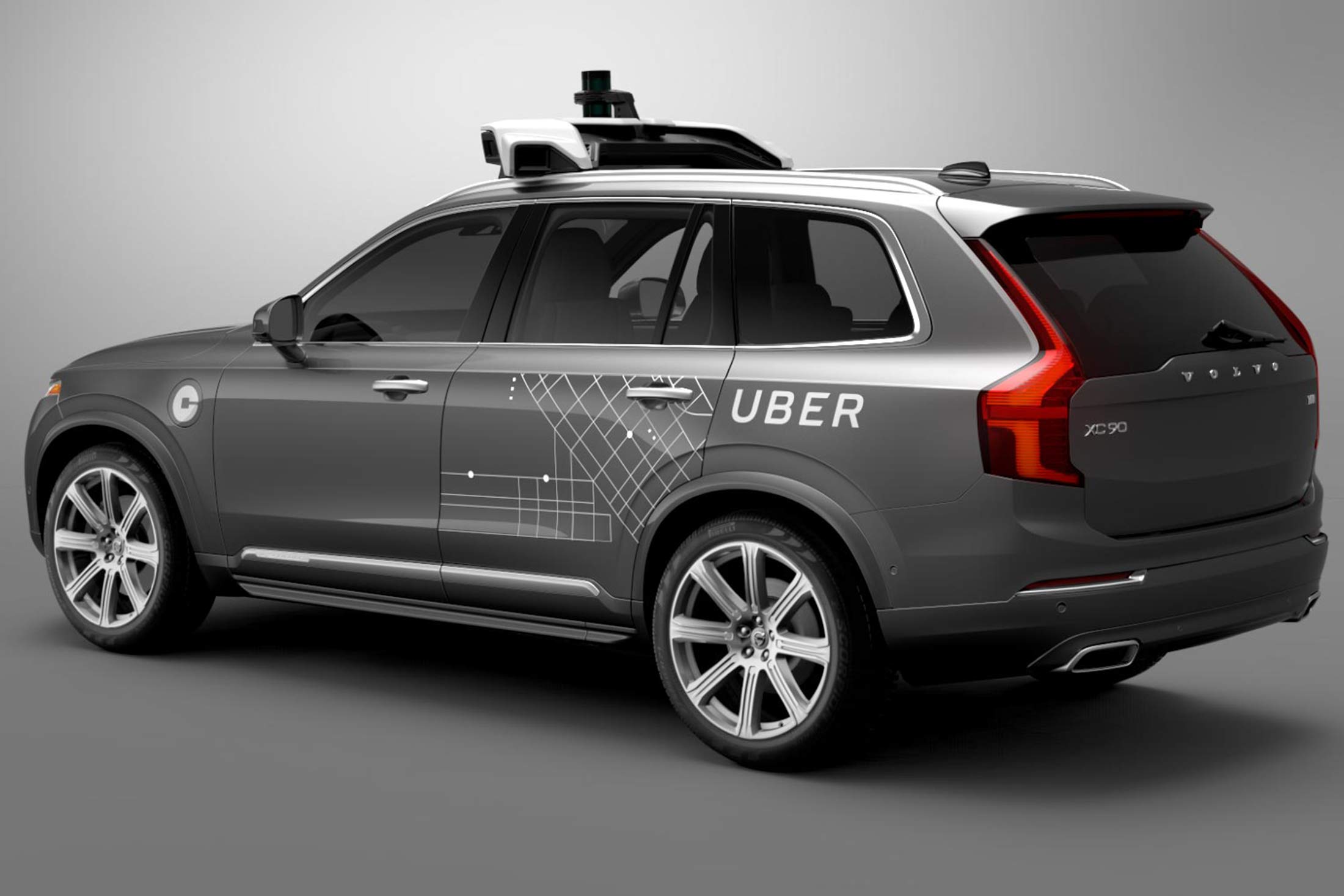SAN FRANCISCO — No one knows what the future of self-driving cars will look like, or how long it will take to get there. But every major player in the field is striking partnerships to be ready for the day when autonomous vehicles finally become mainstream.
That includes Uber, which on Monday announced a new deal with Volvo. Under the agreement, Uber plans to purchase as many as 24,000 self-driving Volvos once the technology is production-ready, putting the vehicles into its extensive ride-hailing network.
“Everything we’re doing right now is about building autonomous vehicles at scale,” Jeff Miller, Uber’s head of automotive alliances, said in an interview. “We don’t know exactly how an autonomous world will look. But we know that we want to be the platform that’s at the center of it, from a ride-sharing standpoint.”
The deal is an extension of an agreement Uber made with Volvo nearly two years ago, when the ride-hailing company started its research and development efforts in autonomous vehicles in earnest. Uber has worked with third-party component manufacturers to build software and hardware for driverless cars, then worked closely with Volvo to outfit the automaker’s XC90 vehicles with the technology.
But the new deal vastly increases the number of Volvo driverless cars that Uber can work with, showing the scope of its ambitions.
Volvo, which is based in Sweden and owned by Geely Automobile Holdings of China, said in a statement that Volvo and Uber were contributing $300 million to the project.
From automakers like Ford, Tesla and General Motors to technology companies like Google, Uber and Lyft, titans of the transportation industry are racing to gain an edge in a future of autonomous vehicles. Each of the players has approached the issue differently. Automakers like G.M. and Ford have spent billions buying software-based start-ups to work on integrating driverless technology into their vehicles. Tesla has long offered a hybrid version of self-driving software in its vehicles, and recently debuted an electric, nearly autonomous semi truck that it expects to hit the road in the next few years.
Uber has done most of its work in research and development in-house instead of teaming up with multiple manufacturers, as has been the case with Lyft, Uber’s largest rival in the United States. In particular, Uber has invested in its Advanced Technologies Group, home to hundreds of engineers in Pittsburgh, where it is doing much of its autonomous vehicle research.
“The only way we could control our own destiny was to work with this technology that had the potential to disrupt our business, and have direct involvement in the creation of it,” Mr. Miller said. “We couldn’t afford to be on the outside looking in. We have to be in the game.”
Some of Uber’s work in self-driving cars has run into hurdles. The company has been fighting a lawsuit from Waymo, Google’s onetime autonomous car business, over stolen trade secrets.
Uber has expanded its partnerships over the past year, striking deals with automakers like Daimler to bring autonomous cars onto the ride-hailing company’s network.
Mr. Miller said that Uber would own and operate fleets of its own vehicles purchased from partners like Volvo, but that there was no one-size-fits-all approach, so it would also allow other self-driving vehicles on its network.



